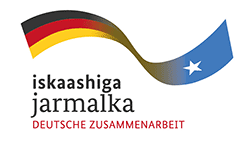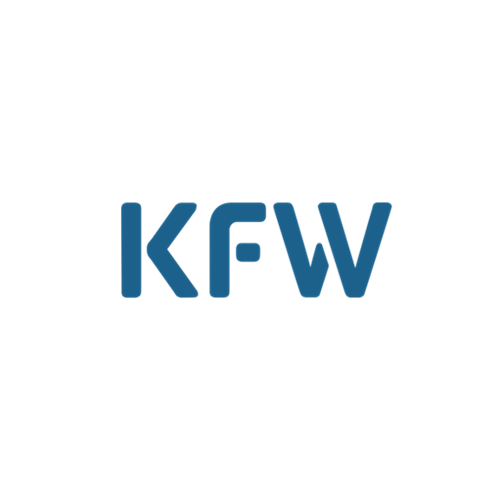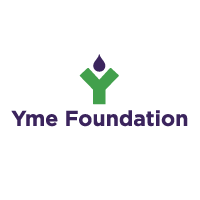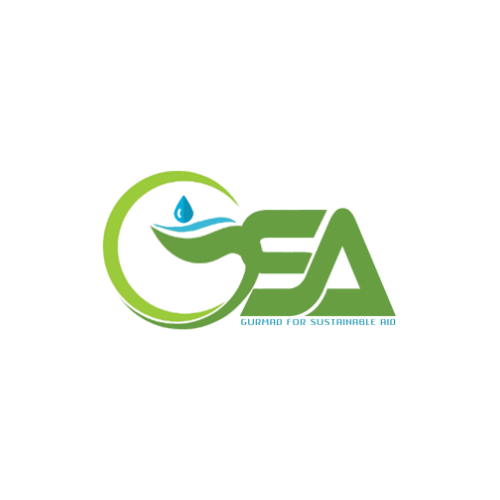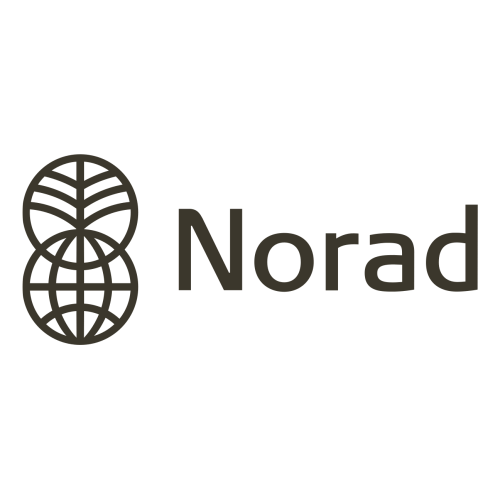Goals & Output
Over the course of the programme (2020 to 2025) six main outputs have been identified:Output 1: Prof. Adow centre in Galkayo is developed into a full TVET+ service hub
- Infrastructure extension on the existing land of the centre. This includes additional workshops and classrooms, a dormitory, a guesthouse and a sports field.
- Utilities: Borehole within the premises together with a water desalination plant and pipeline system and PV power plant.
- Procure workshop, lab and classroom equipment as well as teaching material/media.
- Establishment of service centres within Prof. Adow such as the entrepreneurship training and the business incubator, which will be managed by a Business Development Manager.
- Adaptation of curricula for learnership and apprenticeship modules from TVET centres in South Africa and Rwanda to the needs of Somalia.
- Elaboration of training course offers for private companies, UN, NGO staff. These specific technical short courses are an excellent income generating activity for the TVET + hubs.
- Recruitment and training of additional staff for Prof. Adow.
- Teacher/instructor training/upgrading
- Finalize business concept, fundraising and setting up financing mechanisms for Prof. Adow and the other hubs
Output 2: Two more TVET+ service hubs started in Jowhar and Baidoa
- Site identification in Jowhar and Baidoa and acquisition of suitable land by Yme and GSA.
- Market survey in Jowhar and Baidoa in order to identify the important trades for each location.
- Infrastructure, equipment and utilities according to need following the example of Prof. Adow.
- Recruitment of teachers/instructors and other staff for the hubs according to the example of Prof. Adow.
- Curricula and training methods will be adopted from Prof. Adow for the existing trades and developed/adapted based on examples from South Africa and Rwanda for other trades, which will likely be the case for Jowhar.
- Build relationship with local industry right from the beginning.
- Build relationship with the diaspora for sponsorship of the training centres.
- Develop business concepts for the two hubs based on their local situation and need/potential of the hubs to offer services
Output 3: TVET instructors are trained and upgraded and provide training
- After a thorough need analysis, existing trainers in Prof Adow will receive more training for the additional modules and equipment.
- Job profiles for trainers in new trades will be developed and new teachers/trainers will be recruited for Prof Adow and the other two hubs. New trainers will get further technical training if needed as well as pedagogical induction training. 10% of the trainers will be women.
- Training of trainers will take place in Galkayo, basically as on-the-job training through professional trainers.
- Specialized technical training on the operation of the desalination plant, the PV plant, the CNC machine and other equipment will be conducted by the suppliers.
- Development of materials and training of TVET teachers in the cross-cutting issues of occupational health and safety, life skills and preventive maintenance
- Strengthening of the use of ICT at TVET+ centres to improve instruction through connectivity, provision of equipment and training of staff in the use of ICT.
- In-company supervisors who will be responsible for the apprenticeship schemes from the companies’ side will be trained according to the expectations of the training centres on learning outcomes, joint assessments, OHS etc.
- Teachers/Trainers will be supervised on a regular basis in order to make sure that they fully understand and comply with the quality and philosophy of the hubs.
Output 4: TVET+ service hubs are well embedded in the local business community
- Build strong relationships between the hubs and the local business community.
- For learnerships and apprenticeship programs a (dual) training concept is foreseen which integrates work-place based training.
- On the job training of TVET hub students on on-going construction sites of the project by the construction companies
- The TVET+ service hub will offer a number of services to the surrounding business communities, such as specific upgradation training of company employees, like business development services, an incubation centre, job fares, renting out of equipment (e.g. the brick-making machine)/workshops etc.
- Graduates after the learnership stage (and local informal businesses) will be supported to start or develop their own company through entrepreneurship training and the business incubator.
Output 5: TVET+ service hubs are known and appreciated by relevant sector stakeholders
- The PMO will engage in public relations for the hub network, e.g. by establishing a website for the TVET+ service hubs (in English and Somali languages), by designing a flyer and other activities like “open door days” for local authorities and the community etc.
- Embedding with the overall community will be achieved through organization of sport events, renting out the hall for celebrations etc.
- The PMO will represent the project in federal and state sector coordination bodies.
- The PMO will also collaborate with the relevant authorities and other stakeholders such as donors, UN and NGOs, including GIZ with regard to the building of a TVET system, e.g. by sharing curricula, training material and approaches.
- The PMO will also seek (federal) accreditation for curricula and certificates and use existing national curricula where possible, as soon as there are respective authorities in place. It is important to use the same standard at all sites and ensure approval at national standard in Somalia. Harmonization is therefore needed. Working with GIZ we will ensure the standard developed for the TVET + hubs are aligned with the national standards that will be developed by GIZ and the Federal Government.
- The hubs will invite federal and state accreditation bodies for participation in assessments
Output 6: Finance mechanism
- The PMO will design and initiate a marketing strategy for the TVET + hubs.
- The PMO will develop ToR for the involvement of Green Currency in this project. Green Currency will develop a fundraising platform, which will be used for crowd funding. Green Currency will also develop a fundraising strategy for the crowd funding.
- The PMO will establish partnerships with various local diaspora groups who might be interested in funding the TVET + hubs, various components of the TVET centres like tools, teachers or groups of students, like vulnerable groups or individual students. This potential funding mechanism will be linked with Crowdfunding.
- Network with international and local organisations including businesses for training at the TVET + centres.
Stay informed
Enter your email address to receive updates from TVET+ delivered to your inbox.








